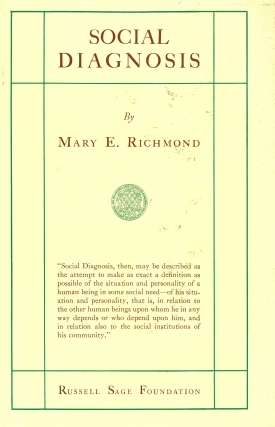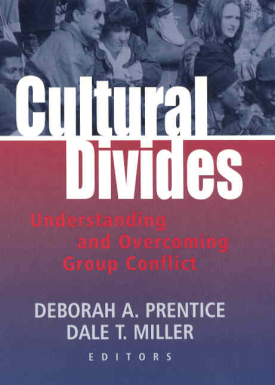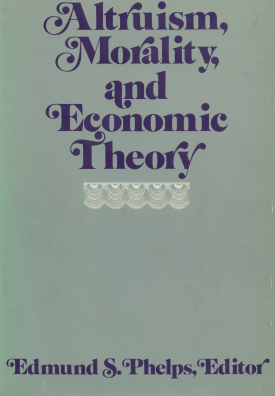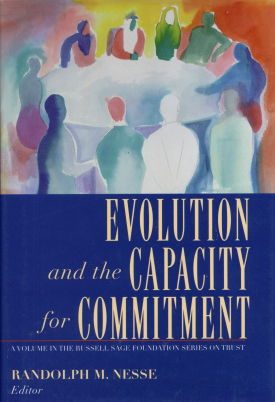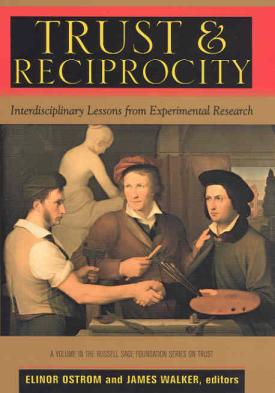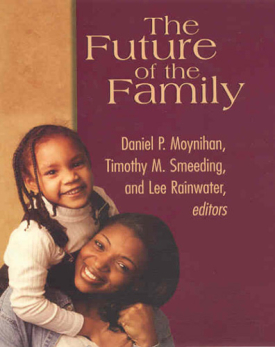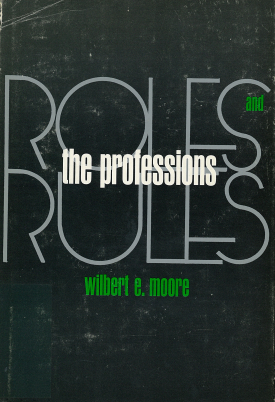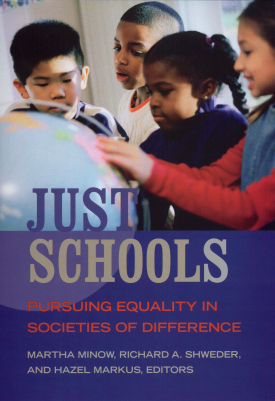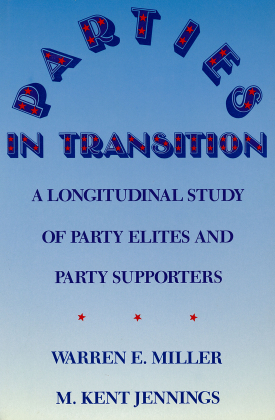Thirty years of progress on civil rights and a new era of immigration to the United States have together created an unprecedented level of diversity in American schools, workplaces, and neighborhoods. But increased contact among individuals from different racial and ethnic groups has not put an end to misunderstanding and conflict. On the contrary, entrenched cultural differences raise vexing questions about the limits of American pluralism. Can a population of increasingly mixed origins learn to live and work together despite differing cultural backgrounds? Or, is social polarization by race and ethnicity inevitable? These are the dilemmas explored in Cultural Divides, a compendium of the latest research into the origins and nature of group conflict, undertaken by a distinguished group of social psychologists who have joined forces to examine the effects of culture on social life.
Cultural Divides shows how new lines of investigation into intergroup conflict shape current thinking on such questions as: Why are people so strongly prone to attribute personal differences to group membership rather than to individual nature? Why are negative beliefs about other groups so resistent to change, even with increased contact? Is it possible to struggle toward equal status for all people and still maintain separate ethnic identities for culturally distinct groups? Cultural Divides offers new theories about how social identity comes to be rooted in groups: Some essays describe the value of group membership for enhancing individual self-esteem, while others focus on the belief in social hierarchies, or the perception that people of different skin colors and ethnic origins fall into immutably different categories. Among the phenomena explored are the varying degrees of commitment and identification felt by many black students toward their educational institutions, the reasons why social stigma affects the self-worth of some minority groups more than others, and the peculiar psychology of hate crime perpetrators. The way cultural boundaries can impair our ability to resolve disputes is a recurrent theme in the volume. An essay on American cultures of European, Asian, African, and Mexican origin examines core differences in how each traditionally views conflict and its proper methods of resolution. Another takes a hard look at the multiculturalist agenda and asks whether it can realistically succeed. Other contributors describe the effectiveness of social experiments aimed at increasing positive attitudes, cooperation, and conflict management skills in mixed group settings.
Cultural Divides illuminates the beliefs and attitudes that people hold about themselves in relation to others, and how these social thought processes shape the formation of group identity and intergroup antagonism. In so doing, Cultural Divides points the way toward a new science of cultural contact and confronts issues of social change that increasingly affect all Americans.
DEBORAH A. PRENTICE is associate professor of psychology at Princeton University.
DALE T. MILLER is professor of psychology at Princeton University.
CONTRIBUTORS: Robert P. Abelson, Brenda S. Banker, Marilynn B. Brewer, Sharmaine Vidanage Cheleden, Incheol Choi, Jack Citrin, Jennifer Crocker, John F. Dovidio, Christopher M. Frederico, George M. Fredrickson, Samuel L. Gaertner, Margaret Garnett, Martin P. Gooden, Donald P. Green, Patricia Gurin, Sheena S. Iyengar, James M. Jones, Jason S. Lawrence, Mark R. Lepper, Shana Levin, Leah R. Lin, Gretchen Lopez, Hazel Rose Markus, Dale T. Miller, Biren (Ratnesh) A. Nagda, Jason A. Nier, Richard E. Nisbett, Ara Norenzayan, Timothy Peng, Deborah A. Prentice, Joshua L. Rabinowitz, Lee Ross, David O. Sears, David A. Sherman, Jim Sidanius, Claude Steele, Colette van Laar, William von Hippel, and Christine M. Ward.
